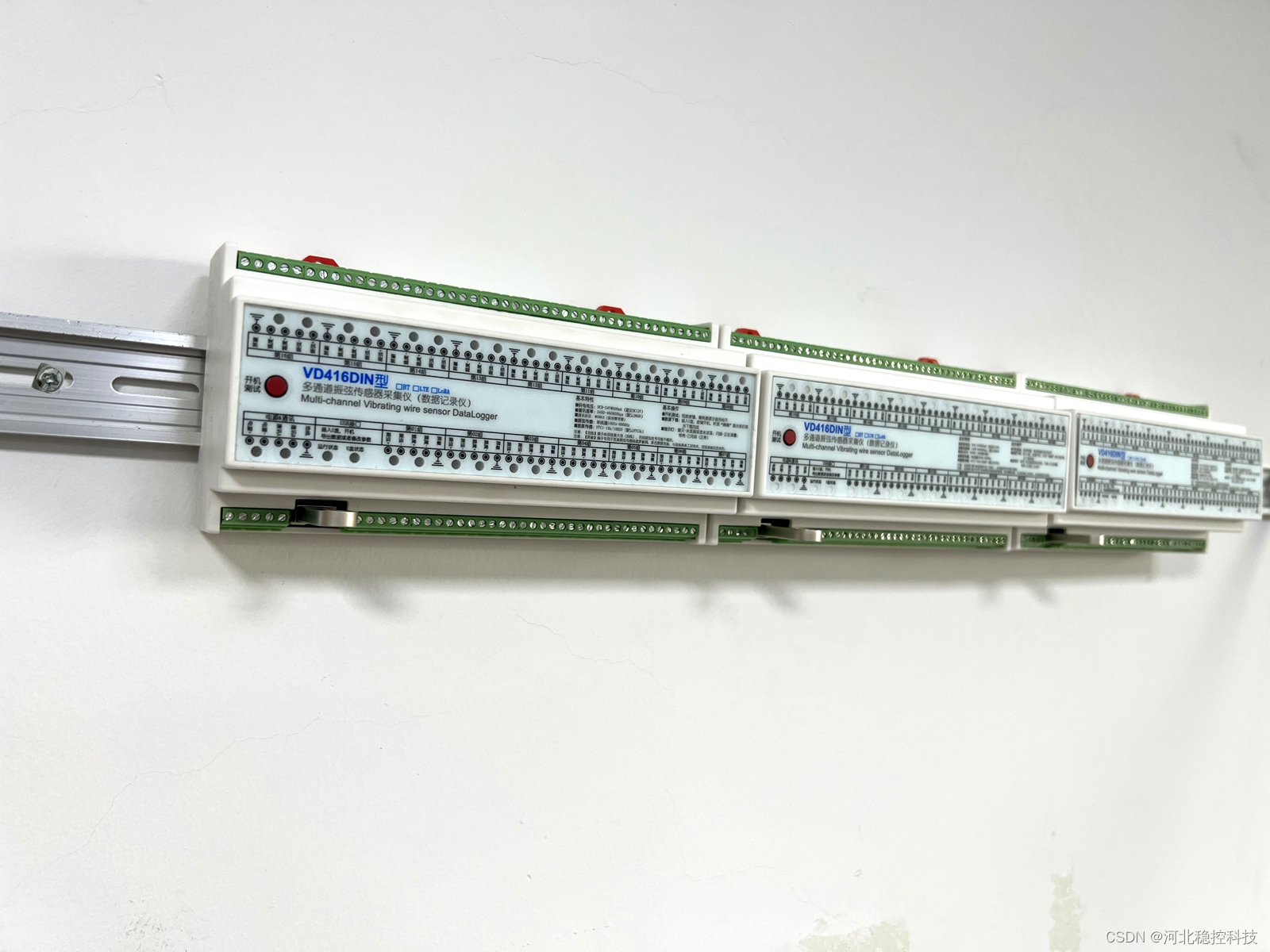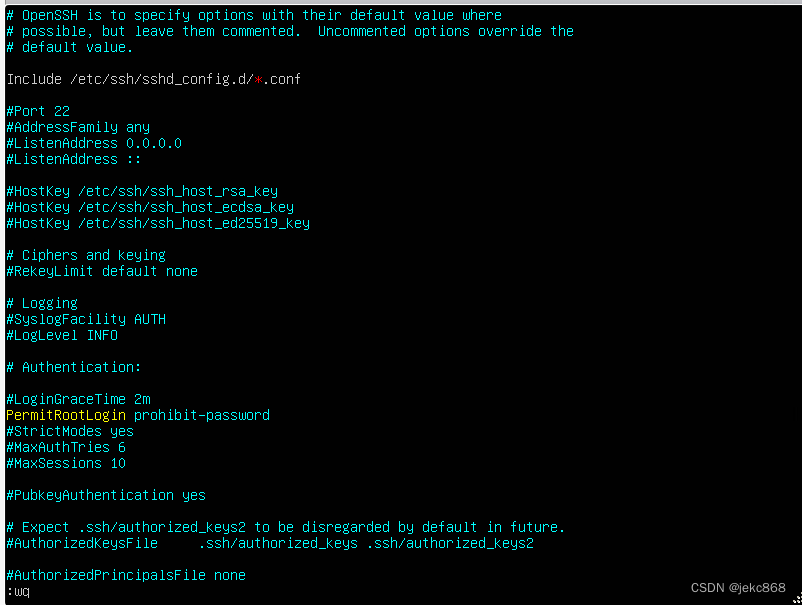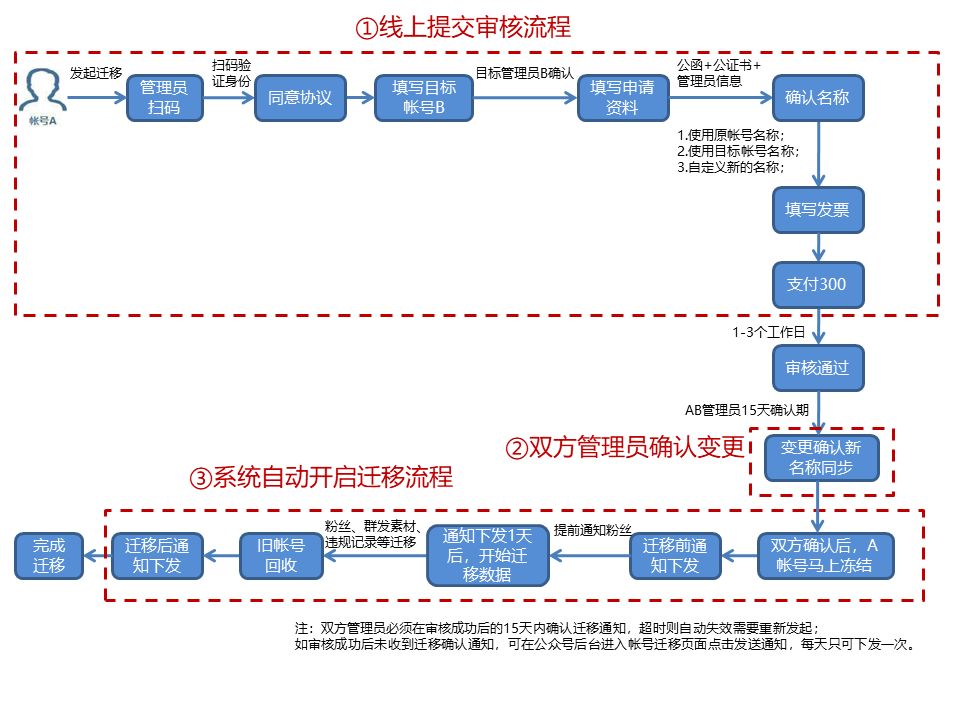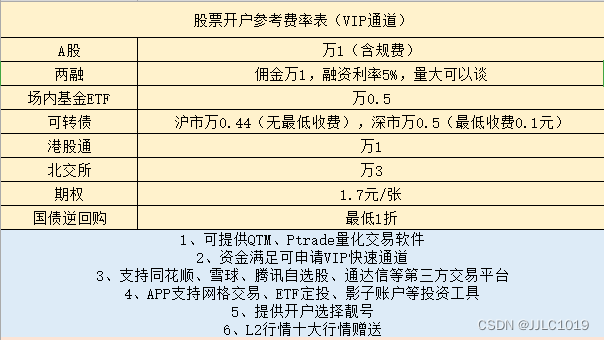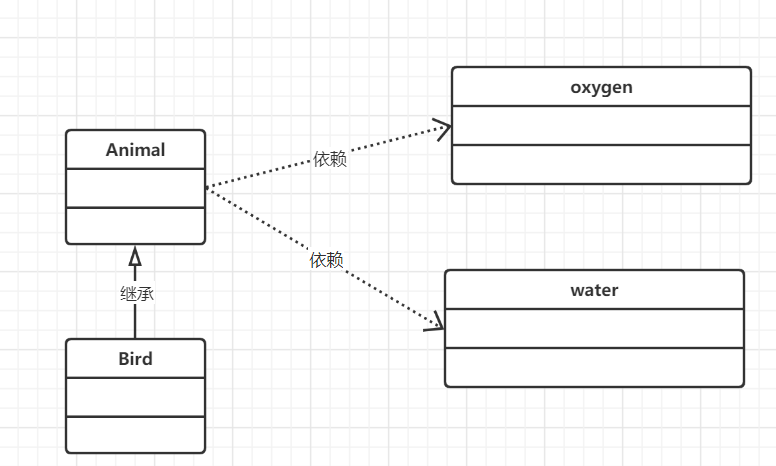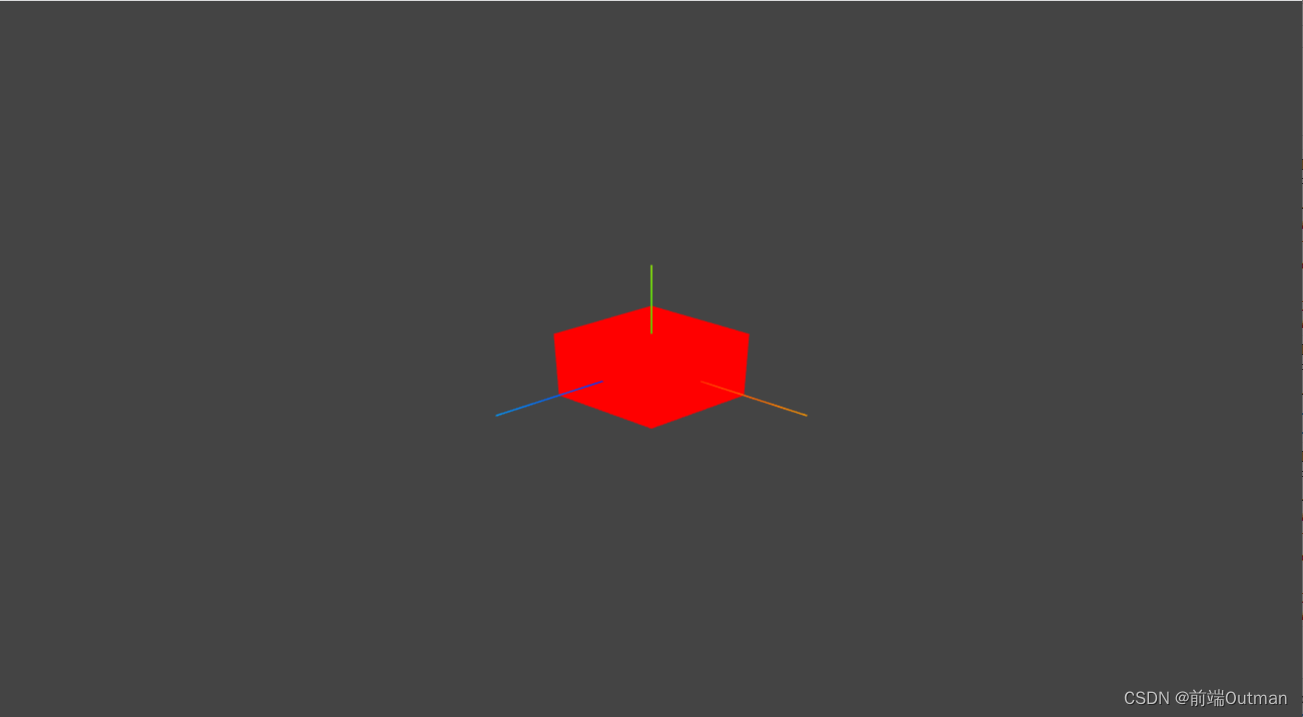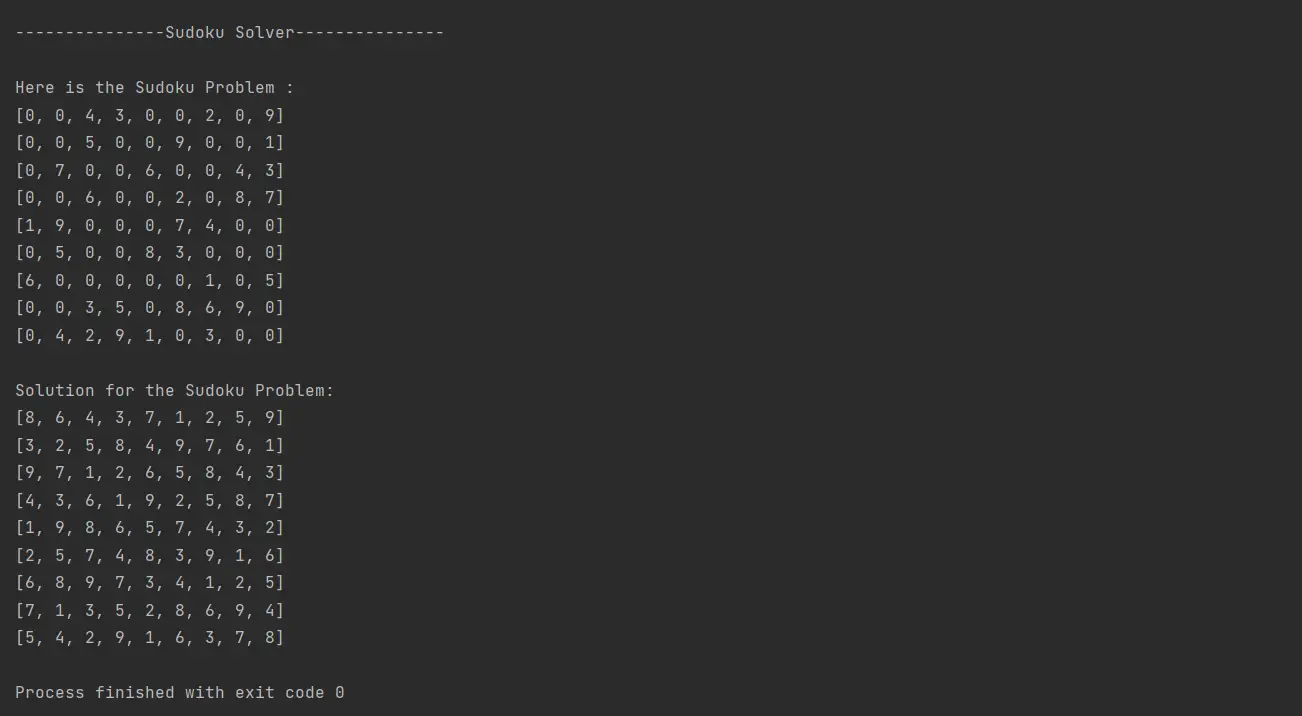URL:https://atcoder.jp/contests/abc308

目录
C
Problem/题意
Thought/思路
Code/代码
D
Problem/题意
Thought/思路
Code/代码
E
Problem/题意
Thought/思路
Code/代码
C
Problem/题意
给出n个(a,b)数对,定义成功率为 a / (a + b),按照成功率降序排序,输出数对编号。
Thought/思路
坑:当成功率相同时,要求编号小的在前。
Code/代码
#include "bits/stdc++.h"
#define int long long
int n;
struct node {
int id;
int a, b;
bool operator < (const node &t) const {
if (a * (t.a + t.b) == t.a * (a + b)) return id < t.id; // 按原顺序比较
else return a * (t.a + t.b) > t.a * (a + b);
}
};
signed main() {
std::cin >> n;
std::vector <node> rate(n + 1);
for (int i = 1; i <= n; ++ i) {
std::cin >> rate[i].a >> rate[i].b;
rate[i].id = i;
}
std::sort(rate.begin() + 1, rate.end());
for (int i = 1; i <= n; ++ i) {
std::cout << rate[i].id << " ";
}
}D
Problem/题意
给一个n * m的矩阵,由小写字母组成,问是否能从(1,1)走到(n,m)。行走规则是:按照“s、n、u、k、e”循环的顺序来走,也就是一开始从s出发,下一步只能走到n;当走到e,下一步只能走到s。
Thought/思路
简单bfs。
能走到的地方标记为1,其实就是vis。
Code/代码
#include "bits/stdc++.h"
int n, m, vis[507][507];
char mp[507][507];
const char path[6] = {'s', 'n', 'u', 'k', 'e'};
const int dx[5] = {0, 1, 0, -1, 0};
bool check(int x, int y, char target) {
if (x < 1 or x > n or y < 1 or y > m or vis[x][y] or target != mp[x][y])
return false;
else
return true;
}
bool bfs() {
std::queue <std::pair <int, int>> q;
q.push({1, 1});
if (mp[1][1] != 's') return false;
while (!q.empty()) {
auto top = q.front(); q.pop();
int x = top.first, y = top.second;
if (vis[x][y]) continue;
else vis[x][y] = 1;
char next = '#';
for (int i = 0; i < 5; ++ i) {
if (path[i] == mp[x][y]) {
next = path[i + 1 == 5 ? 0 : i + 1];
break;
}
}
//std::cout << "next = " << next << "\n";
for (int i = 0; i <= 3; ++ i) {
int nx = x + dx[i], ny = y + dx[i + 1];
if (check(nx, ny, next)) {
q.push({nx, ny});
}
}
}
for (int i = 1; i <= n; ++ i) {
for (int j = 1; j <= m; ++ j) {
// std::cout << vis[i][j] << " \n"[j == m];
}
}
if (vis[n][m] == 1) return true;
else return false;
}
signed main(){
std::cin >> n >> m;
for (int i = 1; i <= n; ++ i) {
for (int j = 1; j <= m; ++ j) {
std::cin >> mp[i][j];
}
}
if(bfs()) {
std::cout << "Yes";
} else {
std::cout << "No";
}
}
E
Problem/题意
给一个数组 a,由 0、1、2 组成;给一个字符串 s,由 M、E、X 组成。
在 s 中选择 s[i] s[j] s[k] = M E X 的子序列串,求 mex(ai, aj, ak) 的和。
Thought/思路
因为 MEX 的顺序固定,因此考虑以 E 作为出发点,假设数组 a 中仅有 1,那么每个 E 的位置能贡献的答案就是 ans += M_pre * X_rep * Mex(1, 1, 1),即 前缀M的数量 × 后缀X的数量 × 1。
但是该题数组 a 中包含 0、1、2,那么只需要对 M 和 X 都多考虑 0 和 2 的情况即可,也就是多维护两个前缀 {M, 0}、{M, 2} 和两个后缀 {X, 0}、{X, 2} 。
Code/代码
#include "bits/stdc++.h"
#define int long long
int n, a[200005];
std::string s;
std::map<std::pair <int, int>, int> pre[200005];
// pre[2][{'M', 0}]:1~2之间,M 对应 a 为 0 的情况有多少种
std::map<std::pair <int, int>, int> rep[200005];
int Mex(int a, int b, int c) {
std::bitset <4> st;
st[a] = st[b] = st[c] = 1;
for (int i = 0; i <= 3; ++ i) {
if (st[i] == 0)
return i;
}
return 0;
}
signed main() {
std::cin >> n;
for (int i = 1; i <= n; ++ i) std::cin >> a[i];
std::cin >> s;
s = "#" + s;
for (int i = 1; i <= n; ++ i) {
for (auto &c : {'M', 'E', 'X'})
for (int j = 0; j <= 2; ++ j)
pre[i][{c, j}] = pre[i - 1][{c, j}] + (c == s[i] and j == a[i]);
}
for (int i = n; i >= 1; -- i) {
for (auto &c : {'M', 'E', 'X'})
for (int j = 0; j <= 2; ++ j)
rep[i][{c, j}] = rep[i + 1][{c, j}] + (c == s[i] and j == a[i]);
}
int ans = 0;
for (int i = 2; i <= n - 1; ++ i) {
if (s[i] == 'E') {
for (int j = 0; j <= 2; ++ j) { // M
for (int k = 0; k <= 2; ++ k) { // X
int mex = Mex(j, a[i], k);
ans += mex * (pre[i - 1][{'M', j}] * rep[i + 1][{'X', k}]);
}
}
}
}
std::cout << ans;
}




